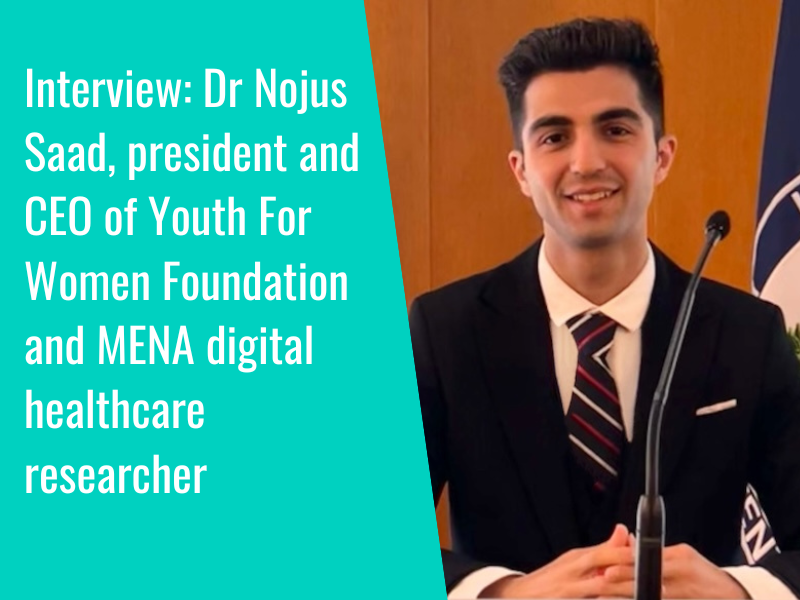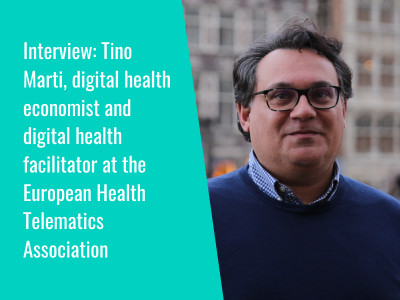The National Institutes of Health (NIH) have announced the launch of the new Cancer Screening Research Network which will focus on evaluating emerging technologies for cancer screening, and shared plans to launch a pilot study to establish “the feasibility of using multi-cancer detection tests in future randomized controlled trials”.
This pilot will see up to 24,000 people enrolled with a view to informing the design of a “much larger” trial, which will aim to evaluate “whether the benefits of using MCD (multi-cancer detection) tests to screen for cancer outweigh the harms, and whether they can detect cancer early in a way that reduces deaths”.
As part of its research, the CSRN aims to reach “diverse populations” receiving routine care in a range of different healthcare settings, looking to contribute to research on the benefits and harms of new technologies for cancer screening, and to consider how best to incorporate these into the standard of care for patients. So far, eight groups have received funding from the National Cancer Institute to “carry out the initial activities of the network”.
Whilst the Fred Hutchinson Cancer Center in Seattle will serve as the network’s “coordinating and communications center”, seven additional funded sites will be responsible for enrolling participants across their geographic areas, including the University of Colorado Cancer Center in Aurora; the University of North Carolina Lineberger Comprehensive Cancer Center in Chapel Hill; and the Washington University School of Medicine in St. Louis.
W. Kimryn Rathmell, director of the National Cancer Institute, comments: “There are many cancers we still cannot reliably detect until it is so late that they become extremely difficult to treat. Emerging technologies such as multi-cancer detection tests could transform cancer screening and help to extend the lives of many more people. We need to be sure that these technologies work and understand how to use them so they benefit everyone.”
In related news, the National Institute for Health and Care Research has granted £42 million to the development of 14 new centres in England to drive health tech research, with the aim of working with businesses to support development of medical devices, diagnostics and technologies for use in hospitals, general practice, the community, and social care.
Elsewhere on innovation, a new round of funding has been announced in a competition for innovations as part of the NHS Cancer programme to support cancer treatment and care, with focus on early detection and diagnosis.
- 1
- 2














